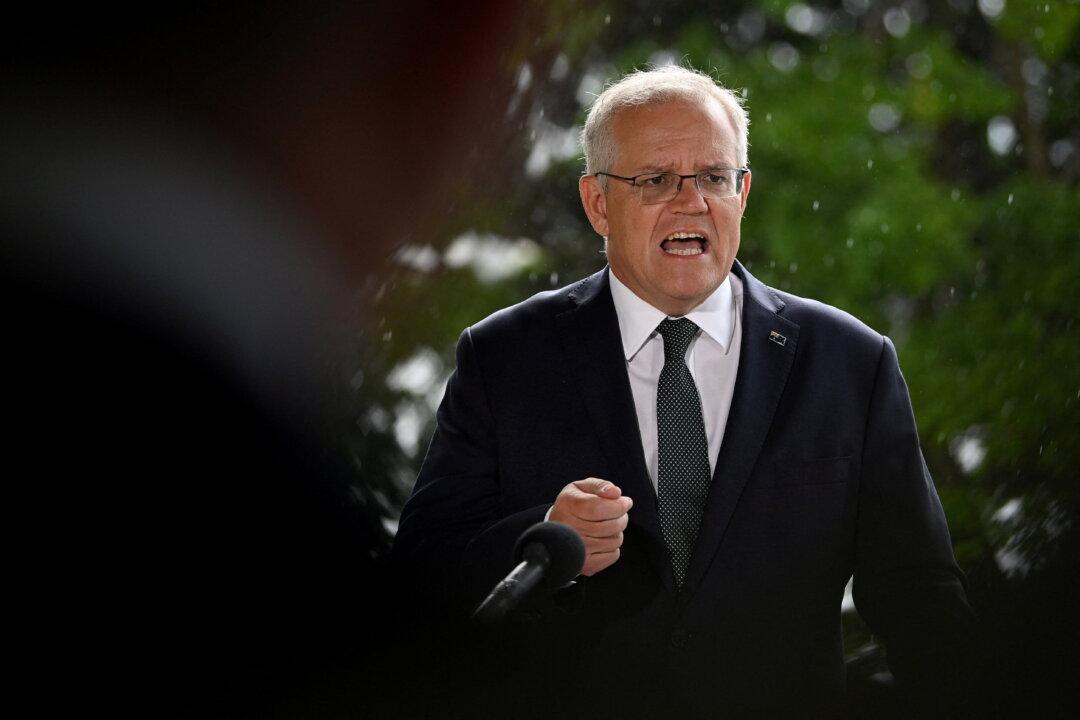Australian Prime Minister Scott Morrison has rejected the possibility of meeting with Chinese Ambassador to Australia Xiao Qian, a move he said would be a sign of “weakness.”
Speaking to reporters on March 26, Morrison described his decision as “an entirely proportional response” after Beijing “completely blocked any minister-to-minister dialogue.”




